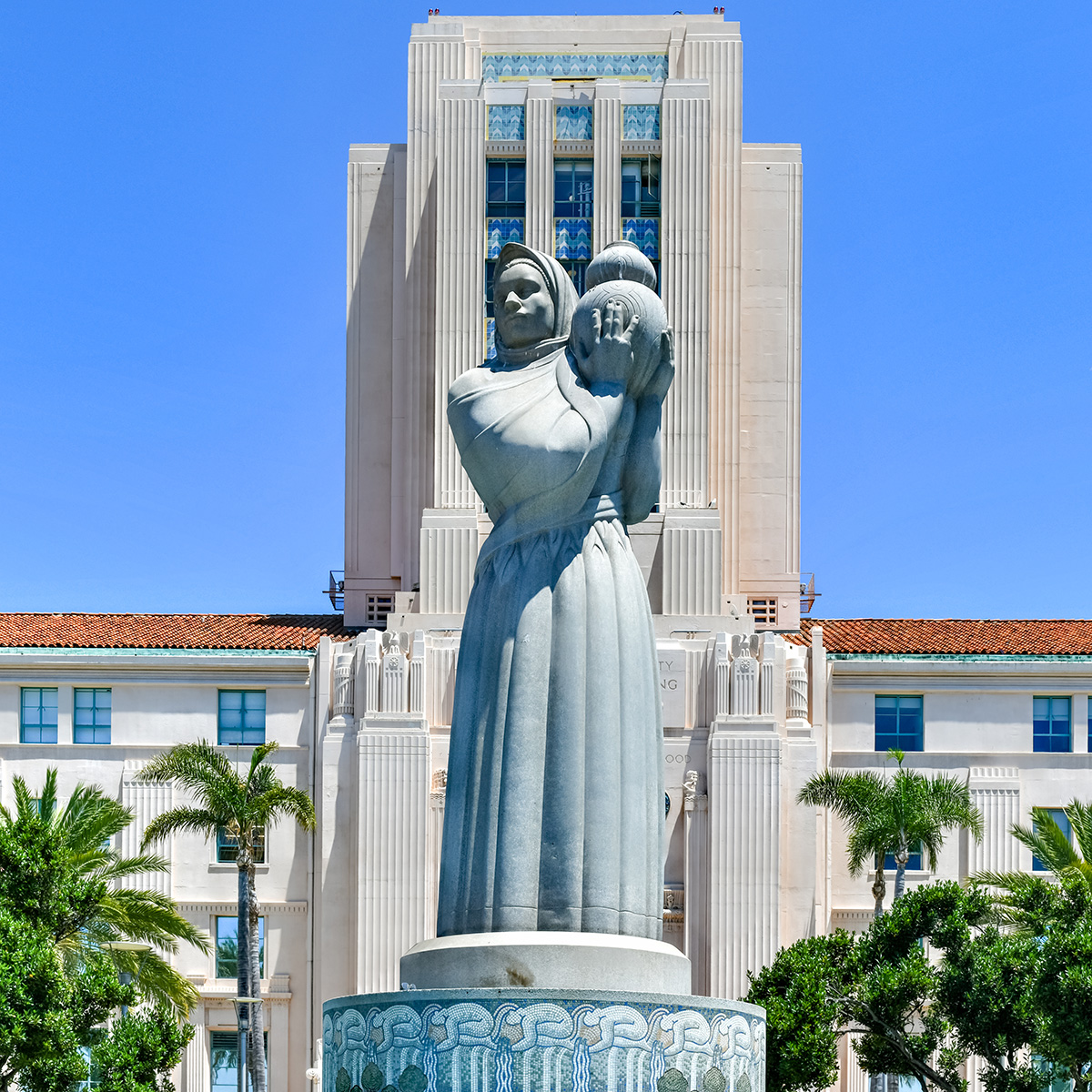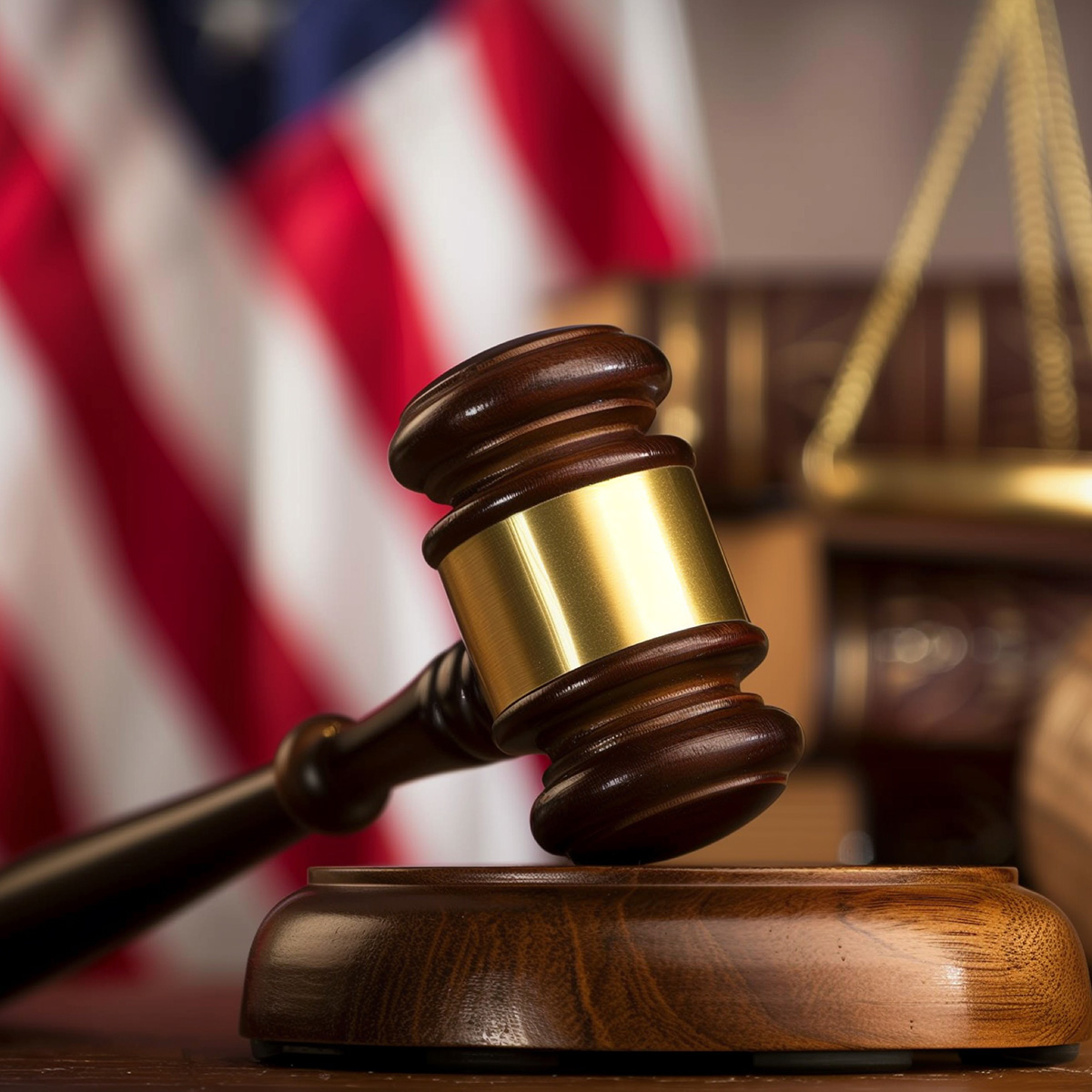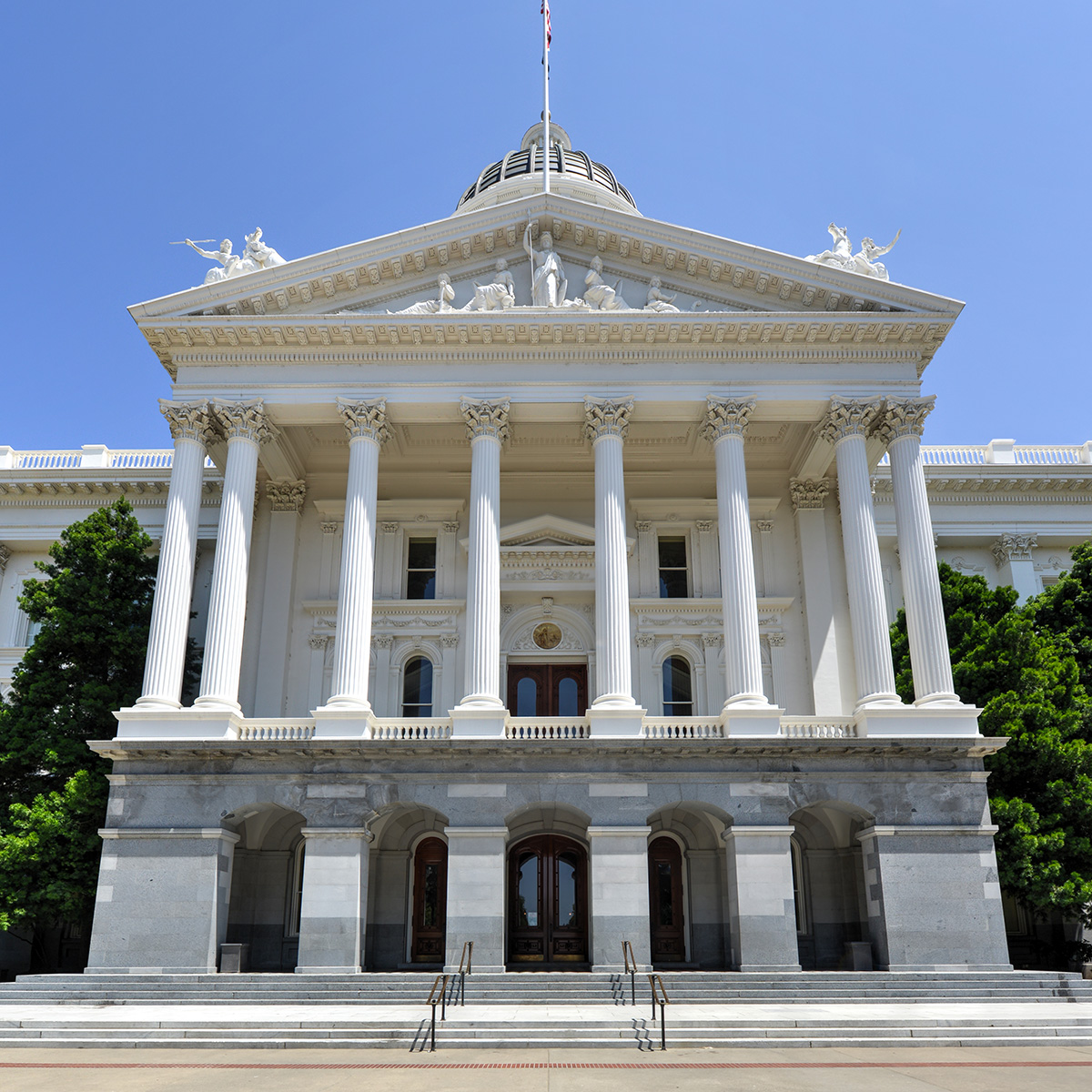





DPMC advises a wide variety of public entities daily in the same way a General Counsel advises a Corporation, but on a broader scope of legal issues. Public entities can be permanent or semi-permanent organizations in the machinery of government that are responsible for oversight and administration of specific functions. Some nonprofit organizations that carry out governmental functions are also considered public entities.
Public entities that DPMC advises include: Cities; Counties; the State of California; the Military; Water, Energy and Fire Districts; SANDAG (San Diego Association of Governments); Airport Authorities; Business Improvement Districts; Landscape and Lighting Districts; Community College Districts; and Schools.
DPMC advises public entities on formation as well as operational issues. Procedures and laws that are specific to public entities include: the Brown Act, Meyers-Milias-Brown Act (MMBA), Political Reform Act, Conflict of Interest laws, Election law, Real Estate/Land Use and CEQA, Public Works, Employee Relations and Labor, Fire and Police Safety, Public Records Act and FOIA, Finance, Bonding and Public Funding, Libraries and First Amendment issues, and much more.
In the area of litigation, public entities are governed by specific procedures and have specific immunities and defenses not available to other litigants and therefore need lawyers with the public agency experience to properly defend them in court as well as initiate court proceedings on their behalf. Additionally, public entities need lawyers to assist in writing, amending and repealing laws and procedures to ensure best practices and legally defensible laws and policies.


DPMC advises a wide variety of public entities daily in the same way a General Counsel advises a Corporation, but on a broader scope of legal issues. Public entities can be permanent or semi-permanent organizations in the machinery of government that are responsible for oversight and administration of specific functions. Some nonprofit organizations that carry out governmental functions are also considered public entities.
Public entities that DPMC advises include: Cities; Counties; the State of California; the Military; Water, Energy and Fire Districts; SANDAG (San Diego Association of Governments); Airport Authorities; Business Improvement Districts; Landscape and Lighting Districts; Community College Districts; and Schools.
DPMC advises public entities on formation as well as operational issues. Procedures and laws that are specific to public entities include: the Brown Act, Meyers-Milias-Brown Act (MMBA), Political Reform Act, Conflict of Interest laws, Election law, Real Estate/Land Use and CEQA, Public Works, Employee Relations and Labor, Fire and Police Safety, Public Records Act and FOIA, Finance, Bonding and Public Funding, Libraries and First Amendment issues, and much more.
In the area of litigation, public entities are governed by specific procedures and have specific immunities and defenses not available to other litigants and therefore need lawyers with the public agency experience to properly defend them in court as well as initiate court proceedings on their behalf. Additionally, public entities need lawyers to assist in writing, amending and repealing laws and procedures to ensure best practices and legally defensible laws and policies.










© 2025 Devaney Pate Morris & Cameron. All Rights Reserved.
Headquarters Office
402 W. Broadway Suite 1300
San Diego, CA 92101
Phone: 619-354-5030
Fax: 619-354-5035
Temecula Office
41955 Fourth Street Suite 210
Temecula, CA 92590
Phone: 951-262-4491
Fax: 951-262-4495
Call Us:
619-354-5030
Attorney Advertising Notice: information contained on this web site may be considered attorney advertising. The material and information contained on these pages and on any pages linked from these pages are intended to provide general information only and not legal advice. You should consult with an attorney licensed to practice in your jurisdiction before relying upon any of the information presented here. The acts of sending an email to this website or viewing information from this website do not create an attorney-client relationship. The listing of verdicts, settlements, and other case results is not a guarantee or prediction of the outcome of any other claims.
Read our Privacy Policy page.